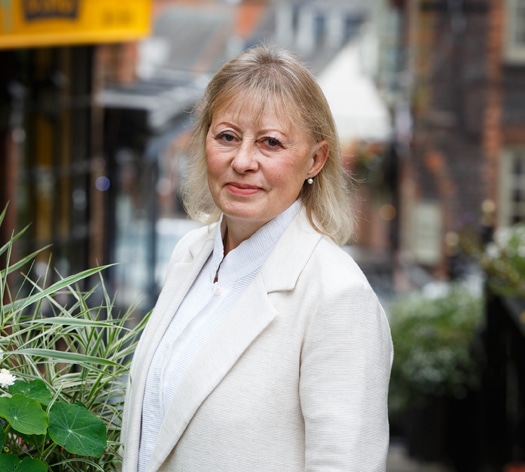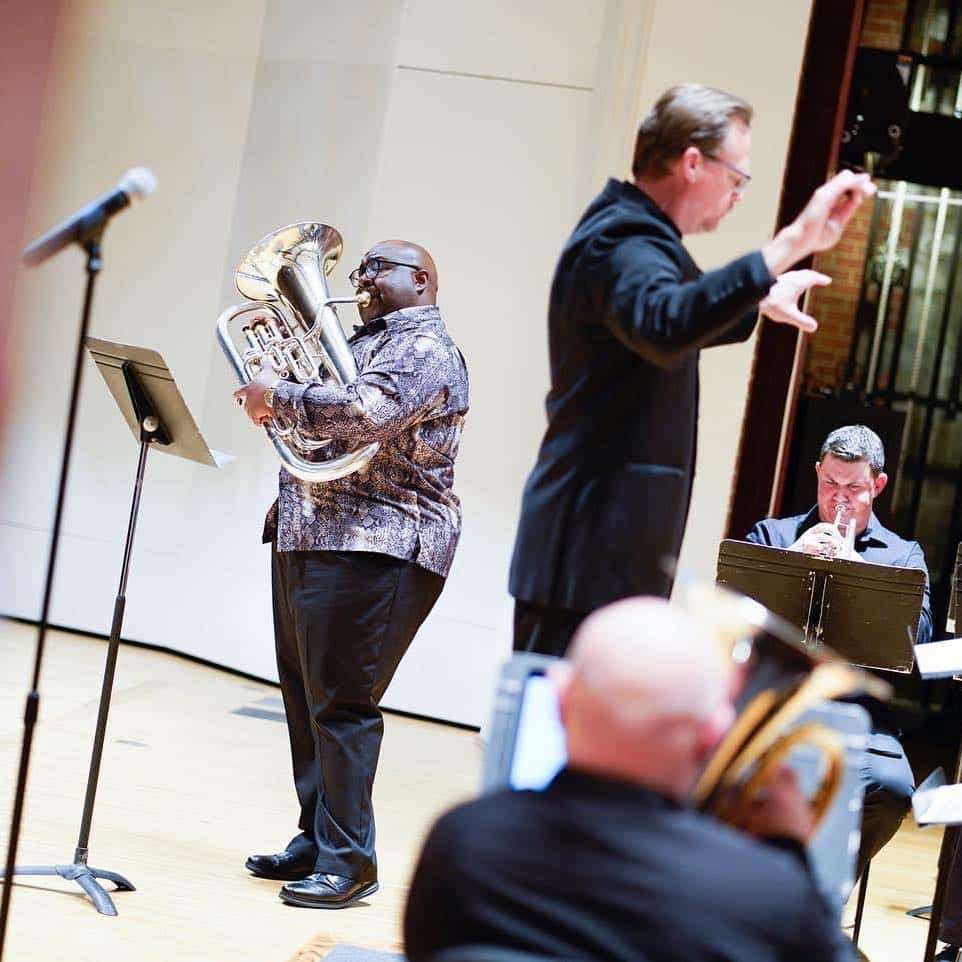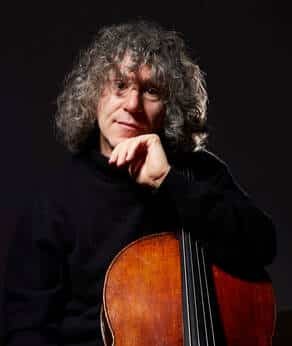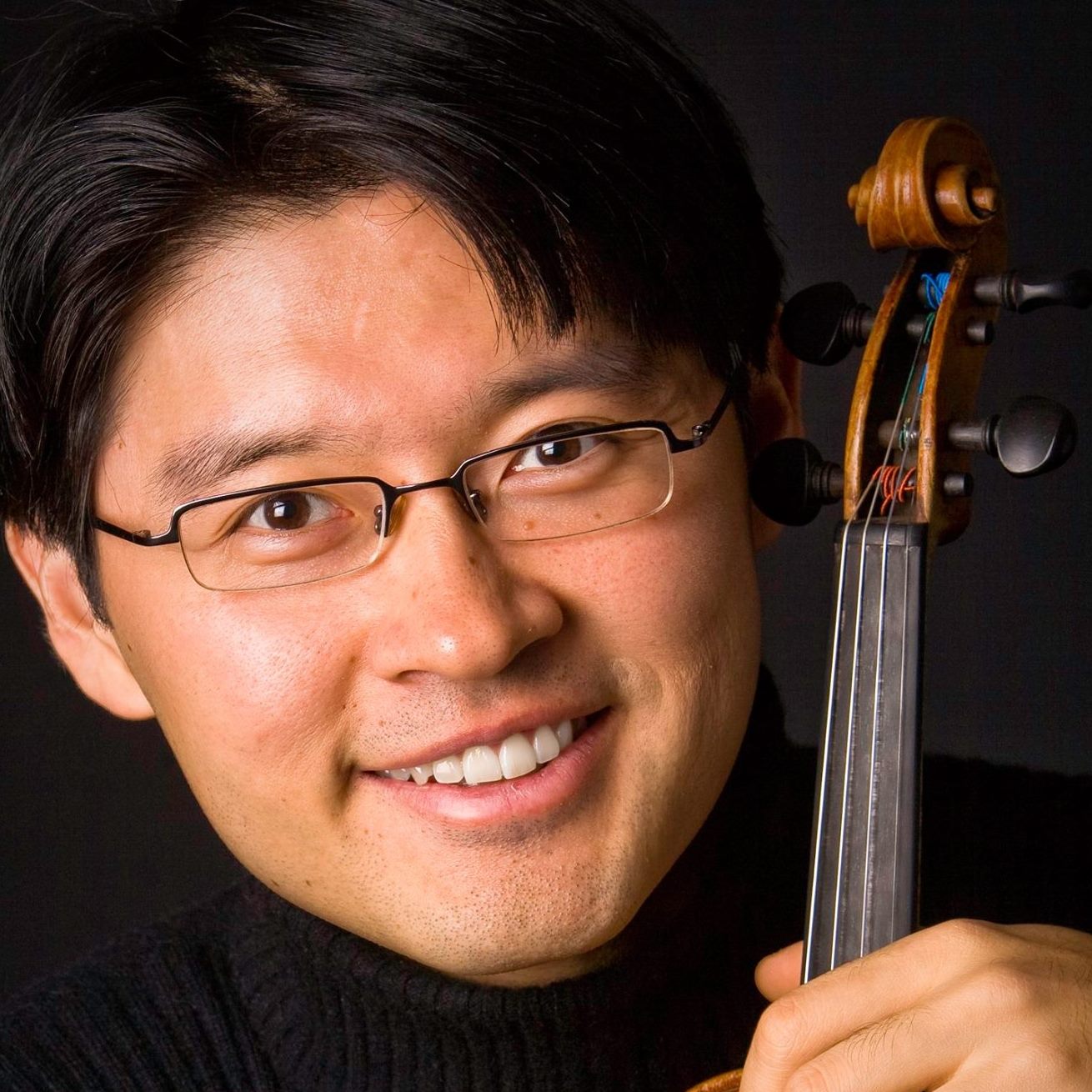Writing Rachmaninov in one crisis after another
NewsFiona Maddocks outlines the backdrop to her new book on the great composer’s exile years:
…In January 2021, I agreed to deliver, 15 months later, 90,000 words on Rachmaninov for publication this year. It was the start of the second year of lockdown. The diary was virtually empty. Appointments were on Zoom, concerts I hoped to review mostly cancelled. I had checklists about my father, in his 90s, living alone far away: what was he eating apart from tins of rice pudding and chocolate biscuits? Could he get a vaccine? I can’t remember what the rules were for visiting by that time, but all encounters were a risk: my husband, the artist Tom Phillips RA, had a long-term lung condition so was in the vulnerable category for Covid-19….
In February 2022 the invasion of Ukraine occurred. World events, instead of endless Covid rules and threats, now absorbed our attention. As weeks of war turned into months, exile took on a sharper meaning. The placenames on the news, telling of the latest horrors from Kyiv or Kharkiv, resonated: these were cities Rachmaninov had visited, where he had conducted and performed. Media reports showed once grand edifices, some of them the very buildings in which he had played, reduced to rubble. A double timeline of suffering was unfolding…
My deadline was close. I had booked, months earlier, to go to Berlin in October 2022 to hear Daniel Barenboim conduct his last Ring cycle…. Tom died shortly after my return from Berlin.
Read the full moving article here.
Goodbye Russia: Rachmaninoff in Exile by Fiona Maddocks is published tomorrow in the UK.






Life in its manifestations can strike a person from all directions in a brief period time. I thank Mr. Lebrecht for sharing Fiona Maddocks ordeal in her article and look forward to the publication of the book. The last biography of Rachmaninoff that I’ve read, by Valeria Z. Nollan, has some interesting, unfamiliar to me, material about his connection with the Russian Orthodox religion and that it was not merely a source of inspiration for his compositions, but an authentic commitment to the faith. The most startling information in the book was his formal request to the Soviet embassy to return to the Soviet Union. The main source for this is from Andrei Gromyko’s memoirs, Memorable Times. It’s difficult for me to reconcile Rachmaninoff’s anti-communism sentiment with his desire to return to his homeland ruled by the communist party. Rachmaninoff died a few months after his petition.
This sounds interesting. Nice to hear of new books on this composer, and that NL (who also wrote a companion to 20th Century Music many years ago) is sometimes pointing them out. Many perhaps do not realize how significant this is. For decades there were hardly any monographs about R on university music library shelves and he was almost entirely ignored in all the standard history texts on 20th century music even though he was constantly being played by piano students. It was a truly absurd situation. Hopefully the tide is finally changing.